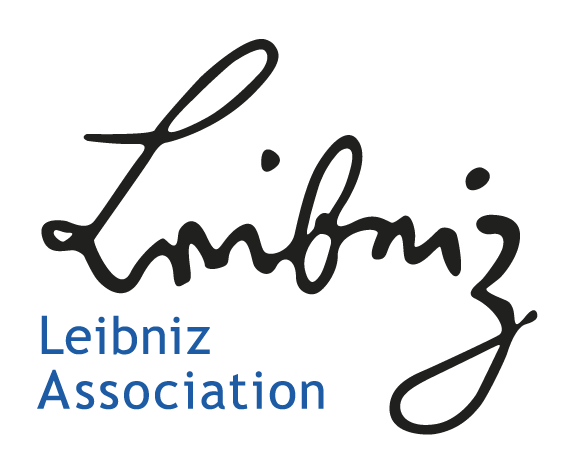A team of scientists from the IUF – Leibniz Research Institute for Environmental Medicine in Düsseldorf developed and validated a computational webserver which allows scientists to genotype mutations using nanopore sequencing. The results of this study were published in the renowned scientific journal Nucleic Acids Research.
(Düsseldorf, 15-JULY-2022) – Diseases of genetic cause can be investigated by inducing the respective mutations in cell lines that are then used to model human diseases. The overall aim is to elucidate underlying mechanisms, interactions with environmental factors and ideally to find curative strategies. A crucial step in generating genetically modified cell models is to verify the inserted mutation. Therefore, the genetic information carrier of the cells is decoded (sequencing) and compared to the reference set of genetic information in healthy individuals (genotyping). To support scientists with the comparison, different workflows and software are available, but many of them require expensive high-tier sequencers or manual curation efforts.
To address this issue, a team of scientists from the Genome Engineering and Model Development lab at the IUF – Leibniz Research Institute for Environmental Medicine in Düsseldorf, led by Dr. Andrea Rossi, developed a robust, versatile, and easy-to-use computational webserver named CRISPRnano (https://www.crisprnano.de/) that enables the analysis of noisy reads generated by affordable and portable sequencers including Oxford Nanopore Technologies (ONT) devices. CRISPRnano allows fast and accurate identification, quantification, and visualization of genetically modified cell lines, it is compatible with Next Generation Sequencing (NGS) and ONT sequencing reads, and it can be used without an internet connection. The according study was published in the renowned scientific journal Nucleic Acids Research.
272 words, 1964 characters
Source
Nguyen T, Ramachandran H, Martins S, Krutmann J, Rossi A: Identification of genome edited cells using CRISPRnano. Nucleic Acids Res 2022.
Link to full article: https://academic.oup.com/nar/article/50/W1/W199/6595252
Contact for scientific information
Dr. Andrea Rossi
Head of Genome Engineering and Model Development lab, IUF – Leibniz Research Institute for Environmental Medicine, 40225 Düsseldorf, Germany
Phone: +49 (0)211 3389 379
Email: andrea.rossi@iuf-duesseldorf.de


